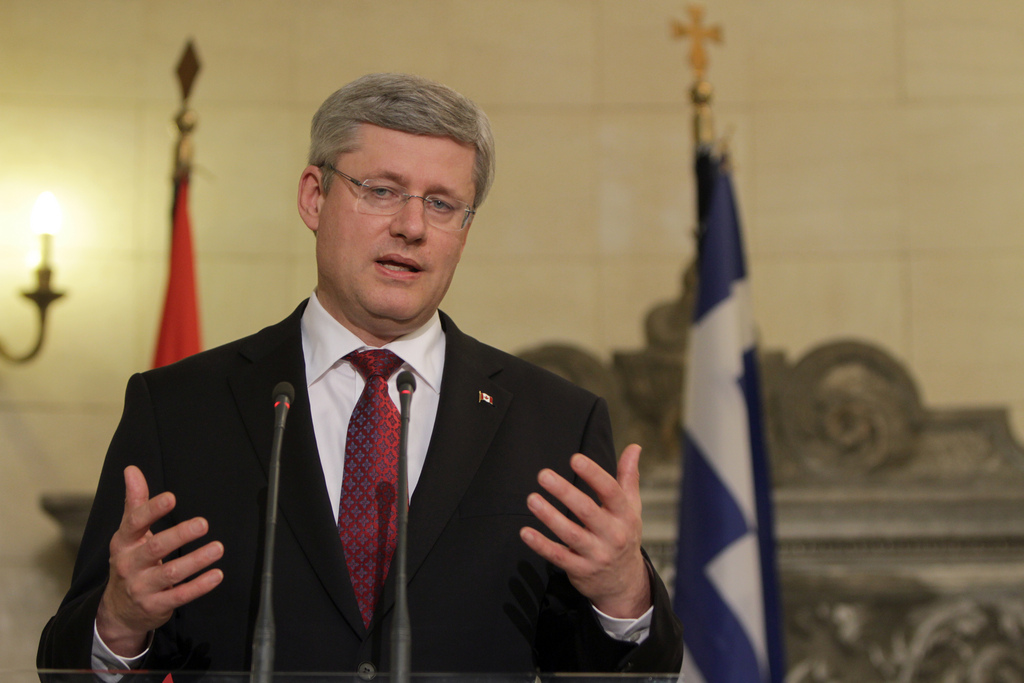Canadian Immigration lawyers examine the unconstitutional Zero Tolerance for Barbaric Cultural Practices Act.
Late last Spring, the Conservative government succeeded in passing the Zero Tolerance for Barbaric Cultural Practices Act. The law now protects Canadians from “barbaric cultural practices” such as child, forced, or polygamous marriages and gender-based family violence,1 things that were already in Canada illegal anyway. It provides the minimum age for marriage as 16, limits the use of the criminal defence of provocation, and creates new offences and peace bonds related to forced and underage marriage.2 As for Canadian immigration, the Act creates a new provision in the Immigration and Refugee Protection Act (IRPA), which provides that the practice of polygamy becomes grounds to refuse admission to or the right to stay in Canada for foreign nationals and permanent residents.3
In the midst of the federal election campaign, the Conservative Party pledged that, if re-elected, it would establish a tip line for reporting “barbaric cultural practices” to the RCMP. The Minister of Citizenship and Immigration Chris Alexander stated during a news conference, that in addition to a tip line, a Tory government would establish an integrated RCMP task force with units in cities across Canada to step up enforcement of the Zero Tolerance for Barbaric Cultural Practices Act. This statement was announced on October 2nd, just hours before the last French-language debate in Montreal, Québec, where cultural identity issues, such as the debate surrounding the Tories’ proposed ban on niqabs during citizenship ceremonies, have become a primary focus of the campaign.1
The Conservative Party made identity politics a key component of their campaign, especially in Quebec, where there is widespread support for the niqab ban. Since the Federal Court of Appeal struck down a Conservative policy that bans wearing niqabs during citizenship ceremonies, cultural identity issues have become a divisive question in the federal election campaign of 2015. In addition to saying that he would appeal the Federal Court of Appeal decision, Stephen Harper announced that he will examine the possibility of a ban on the niqab for federal public servants.5 Since it is unclear if there are more than a few, if any, women who wear the niqab in the federal public service,6 Stephen Harper would face weak resistance against this idea… So he thought.
The campaign tactics of the Conservative Party have generated a lot of frustration among academics. Hundreds of academics have signed an open letter to the Conservative Party condemning it for using tactics that stimulate the politics of fear and hate to gain votes. Stephen Harper’s efforts to outlaw what he considers “barbaric cultural practices” singles out new Canadians and recent immigrants, as Mount Saint Vincent University Professor Michael MacMillan pointed out. The letter states that the Conservative tactics “demonize” those who are different and amount to “hate mongering.”7
The requirement for women to hide their face is not part of the Canadian culture, but neither is the requirement for women to unveil their face. The Canadian culture is multiculturalism. We, Canadians, are people who tolerate difference and diversity. This means that we stay united despite our differences. We are free to share our opinions, our criticism and our disagreements, to the extent that our freedom does not limit the freedom of others. There never was a “melting pot” in Canada, and there should never be a “melting pot” in Canada. Despite the need to refuse entry to people who risk destroying our values, Canada must remain an open and tolerant country. Canada must continue to protect the persecuted against the persecutors. Branding the niqab as a barbaric cultural practice in order to justify a ban and gain public support is something very “un-Canadian”. Let’s avoid becoming the persecutors; let’s avoid causing “different Canadians” and “different Canadian permanent residents” to become refugees (fleeing Canada).
Sources:
1Chris Alexander, “Protecting Canadians from Barbaric Cultural Practices”, online: http://www.conservative.ca/cpc/protecting-canadians-from-barbaric-cultural-practices/
2Julie Béchard, Sandra Elgersma & Julia Nicol, “Legislative Summary of Bill S-7: An Act to amend the Immigration and Refugee Protection Act, the Civil Marriage Act and the Criminal Code and to make consequential amendments to other Acts” (17 November 2014, revised 26 January 2015) , Library of Parliament Research Publications, online: http://www.parl.gc.ca/About/Parliament/LegislativeSummaries/bills_ls.asp?source=library_prb&ls=S7&Parl=41&Ses=2&Language=E&Mode=1
3Ibid.
4Lucas Powers, “Conservatives pledge funds, tip line to combat ‘barbaric cultural practices’” (2 October 2015), CBC, online: http://www.cbc.ca/news/politics/canada-election-2015-barbaric-cultural-practices-law-1.3254118
5Jean Laroche, “’Barbaric cultural practices’ rhetoric condemned by Nova Scotia academics” (9 October 2015), CBC, online: http://www.cbc.ca/news/canada/nova-scotia/barbaric-open-letter-1.3265126
6Kathryn May & Ian Macleod, “Bureaucracy baffled by Harper’s niqab stance” (7 October 2015), Ottawa Citizen, online: http://ottawacitizen.com/news/politics/harper-doubles-down-on-possible-niqab-ban-in-public-service
7Jean Laroche, “’Barbaric cultural practices’ rhetoric condemned by Nova Scotia academics” (9 October 2015), CBC, online: http://www.cbc.ca/news/canada/nova-scotia/barbaric-open-letter-1.3265126
Share this article
Arghavan Gerami
Arghavan Gerami is the Founder and Senior Counsel at Gerami Law Professional Corporation ('PC'), a full-service immigration law firm in Ottawa, Ontario. Since 2011, Ms. Gerami has focused her practice on immigration and refugee litigation. Prior to that, Ms. Gerami worked at the Ministry of Attorney General and the Department of Justice and had the privilege of serving the Honourable Mr. Justice M. Evans at the Federal Court of Appeal on immigration and administrative law appeals. Ms. Gerami contributes to the Immigration Law Section of the Canadian Bar Association, the Canadian Association of Refugee Lawyers, and the United Nations High Commissioner for Refugees. Ms. Gerami has also published numerous journal articles and presented at various immigration and refugee law conferences and events across Canada.

